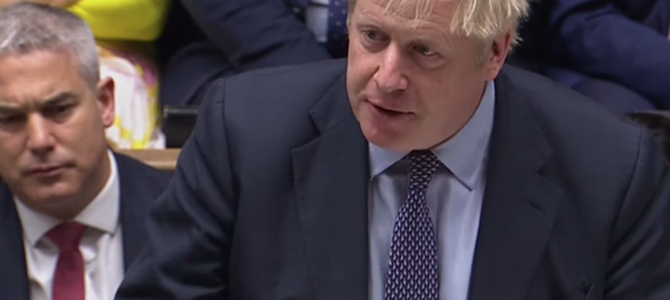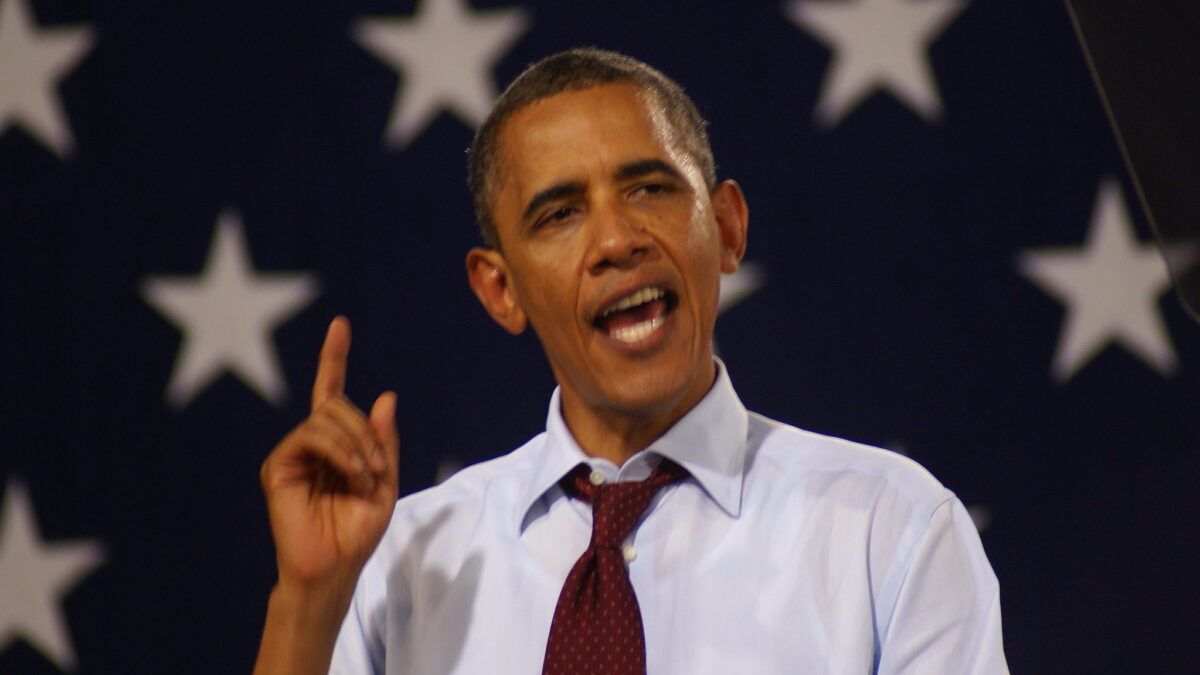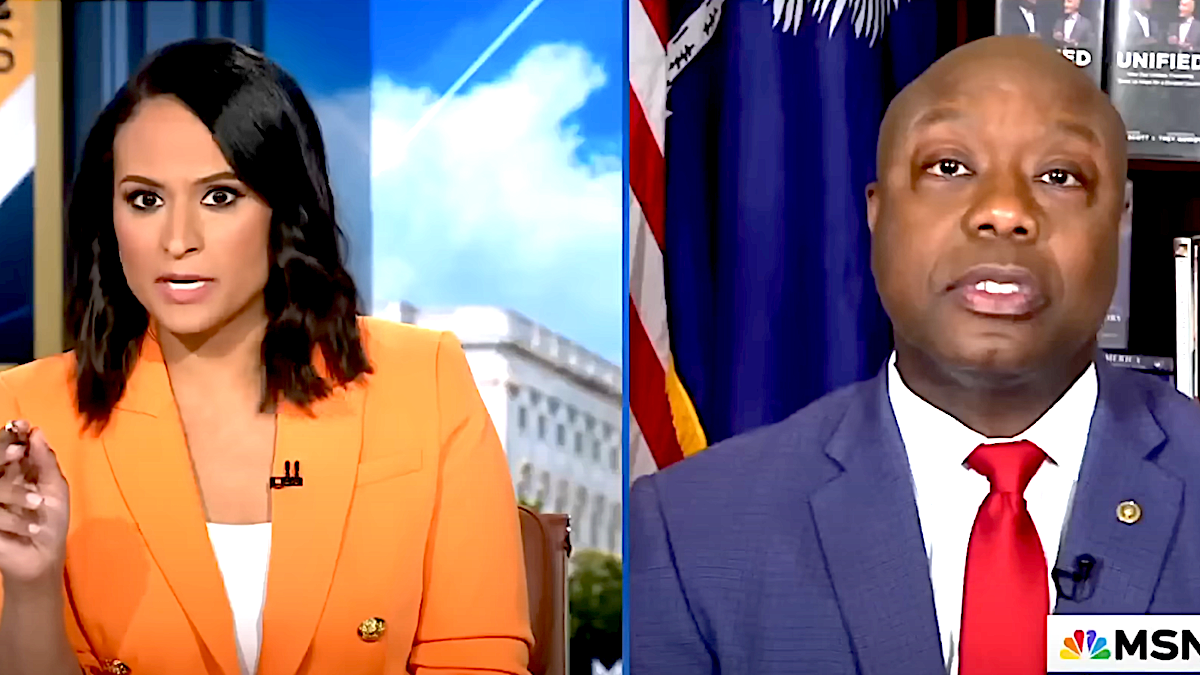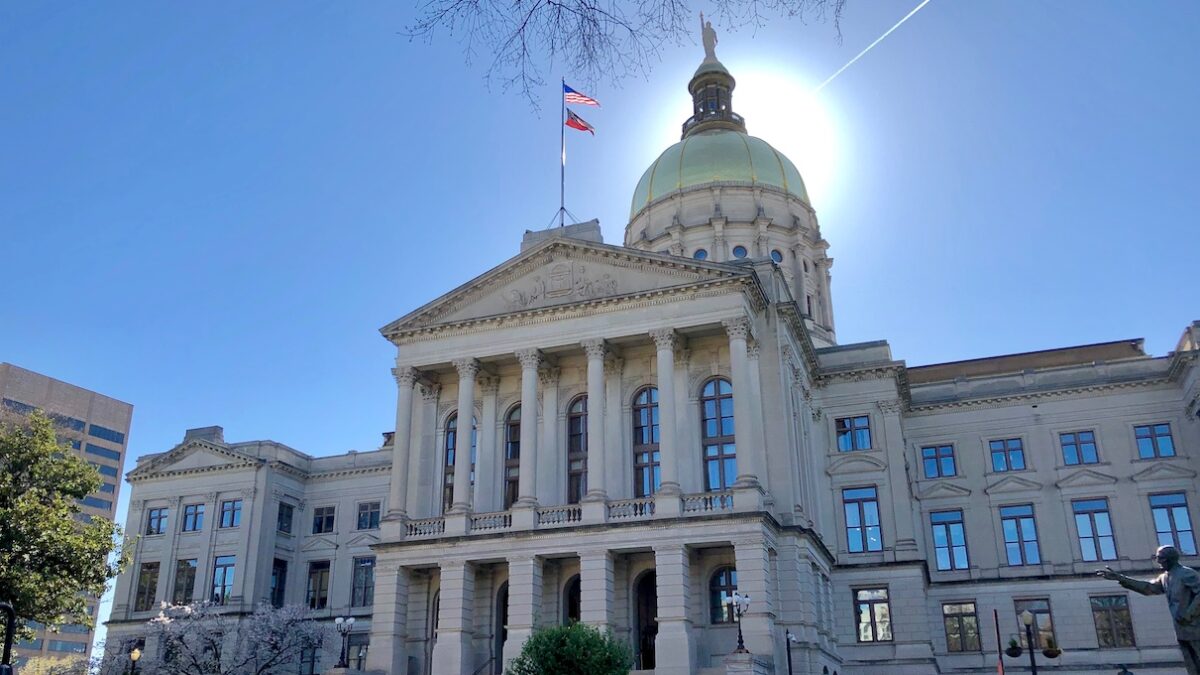
The U.K. Parliament has no intention of honoring the British people’s decision to leave the European Union, even if there is a deal. That’s what the British people and the rest of the world learned last Saturday.
For several months, the U.K. Parliament gave the impression that it wanted a Brexit deal. It was supposedly so concerned that its unorthodox new Prime Minster Boris Johnson would somehow “crash out” of the EU without a deal that, in September, it passed a new law, introduced by Hilary Benn of the Labour Party. This new law, nicknamed the “Benn Act,” basically stipulates that if Johnson couldn’t get Parliament to approve a no-deal Brexit or pass a new Brexit deal by Oct. 19, he must request a three-month Brexit extension from the EU by 11 p.m. on the 19th.
When the MPs approved the “Benn Act,” they probably didn’t expect Johnson to strike a new deal with the EU. But on Oct. 17, the unexpected announcement came that the EU and the U.K. government reached a new Brexit deal, and leaders of the 27 EU countries swiftly endorsed it at the EU summit the same day.
While there are many similarities between Johnson’s new deal and that of his predecessor Theresa May, there are some major differences as well. The two most significant differences relate to Northern Ireland. Under May’s deal, to prevent a hard border between Northern Ireland and the Republic of Ireland, the U.K. would remain in EU’s customs union and effectively continue to follow EU’s regulations on goods and services. However, Brexiteers firmly rejected May’s proposal because they believed this would prevent the U.K. from really exiting the EU and limit the country’s ability to strike new trade deals with other nations.
Johnson’s Deal Is Better than May’s for Northern Ireland
Under Johnson’s new deal, the entire U.K., including Northern Ireland, will leave EU’s customs union. But practically, goods from the rest of the U.K. to Northern Ireland will “undergo EU customs checks before entering the territory, and Northern Irish companies or retailers would then claim rebates where U.K. tariffs fall below EU levels.” In addition, Northern Ireland will “follow all EU single market rules and regulations for goods while the rest of the U.K. will be free to diverge.”
By giving Northern Ireland this “special” status, Johnson’s new deal ensures no physical border between Northern Ireland and the Republic of Ireland, so goods will continue to travel between these two seamlessly as they do today. But the rest of the U.K. will move away from EU’s rules and regulations and be free to strike trade deals with others.
Johnson’s new deal also proposes that after this new arrangement for Northern Ireland has been in effect for four years, the Northern Ireland Assembly gets to decide based on a simple majority whether it wants to continue this arrangement for another four years. Northern Ireland’s Democratic Unionist Party (DUP), a traditional ally of Johnson’s Conservative Party, voiced its opposition to Johnson’s deal immediately.
The DUP always argues that any special arrangement for Northern Ireland risks trapping it in the EU and may eventually break up the United Kingdom. Since the DUP doesn’t have a majority in the Northern Ireland Assembly, it fears that should Johnson’s deal go through, the DUP doesn’t have enough votes to reverse the course four years from now.
Truth be told, however, there is no perfect solution for the Northern Ireland situation. By giving the Northern Ireland Assembly the power of consent four years from now, something completely missing from May’s old deal, Johnson’s new deal at least gives the people of Northern Ireland a final say in their own future.
Parliament Voted on an Amendment, not the Brexit Deal
It’s fair to say Johnson surprised many by not only striking a deal with the EU but also bringing home a better deal right before the Oct. 19 deadline. But it became apparent on Saturday that the majority of the MPs really don’t care. They chose not to even vote on the deal.
Instead, the MPs voted 322 to 306 to approve an amendment put forward by former Conservative MP Sir Oliver Letwin, which says the Parliament will not vote on Johnson’s deal until the legislation needed to implement Brexit, known as the withdrawal and implementation bill, has been approved first.
Letwin and his supporters insisted this was necessary to close what they saw as a Brexit “loophole.” They feared that if they voted to approve Johnson’s deal on Saturday but then the legislation to implement the deal fails to pass in the days ahead, Johnson could end up doing a no-deal Brexit on Oct. 31 anyway.
To Brexiteers, however, this Letwin amendment is a delay tactic, and a way to shift the goal posts so Brexit will never happen. To add insult to injury, a former Conservative proposed the amendment, and it wouldn’t have passed without the support of several other former Conservatives, including Philip Hammond, the former chancellor, and Dominic Grieve, the former attorney general.
By not voting on Johnson’s deal but an amendment on Saturday, Oct. 19, Parliament’s action triggered the Benn Act, which forces Johnson to request another delay from the EU. Johnson complied with the law with a triple take: He sent three letters to the EU — an unsigned one requesting a Brexit delay beyond Oct. 31, an explanatory letter from the U.K. ambassador to the EU, and a signed one arguing against an extension, which states that “a further extension would damage the interests of the U.K. and our EU partners, and the relationship between us.”
All signs show that the EU will grant a Brexit extension even though Johnson doesn’t want it because the EU won’t ratify the new deal unless the U.K. Parliament approves it first. So where does Johnson go from here? It seems not all is lost. The vote on the Letwin amendment was close. Johnson may try again this week to see if Parliament will vote on his deal. So far, he has a few positives on his side.
Johnson Will Keep Pushing for His Deal
First is the number of votes. It seems he is gathering sufficient votes, with the backing of all his current Conservative Party members, a few former Conservative Party members, and at least 10 Labour Party MPs who are ready to break away from their party’s position.
Second, the opposition Labour Party plans to introduce its own bill for a second referendum, but already admits its bill won’t pass because it does not have enough votes. The party estimates at least 20 Labour MPs may vote “no,” and the DUP, while opposing Johnson’s deal, still supports Brexit and has no interest in supporting another referendum.
Third, even though public opinions are split on either praising Johnson as a determined fighter or laughing at him as a constant loser, there is almost unanimous contempt for Parliament. The Daily Mail refers to the House of Commons as “The House of Fools” and stated, “Britain could have begun to heal today after the end of our Brexit purgatory but MPs instead subjected us to more agonizing delay,” after the Letwin amendment passed on Saturday. The Sunday Express’ headline was “Why Won’t They Let Us Leave?” in bold, white letters against a black background, as if in mourning.
The Sunday Telegraph’s editorial read, “This dithering and disgraced Parliament made a compete fool of itself yesterday. Instead of voting in sensible order on the new Brexit deal — for which the Government seemed so tantalizingly close to a majority — it passed Sir Oliver Letwin’s preposterous amendment, kicking Brexit into the long grass yet again. … We must leave the EU as soon as possible.” Truly, from Brussels to London, the U.K. Parliament has exhausted everyone’s patience with its delays.
Boris Johnson is a fighter. This coming week will be crucial for him and for the United Kingdom. If he loses another round of votes, his only option left is to call for an early election.
The British people must join the fight for their future. When the election finally comes, whether now or later, they should vote out the MPs who have ignored people’s wishes and put the nation and millions of people through three years of manufactured chaos and humiliations, and replace them with, as the Sunday Telegraph put it, “a new generation of MPs who remember exactly who put them there.”









